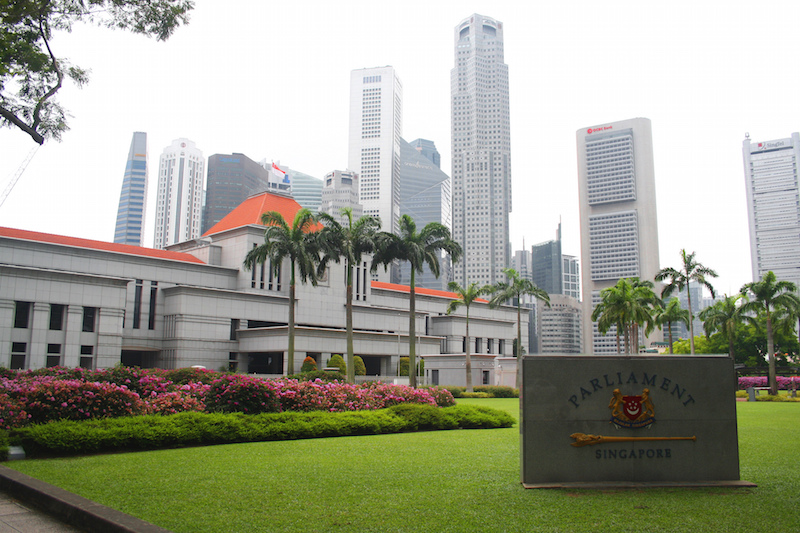Parliament has been dissolved and it’s official — a General Election will be held within the next three months.
President Tony Tan announced the dissolution of Singapore’s 12th Parliament today on the advice of the Prime Minister, and will be issuing the Writ of Election which specifies the date of the Nomination Day,
This would mean that the battle for Singapore’s votes could very well fall in September as rumoured.
Sep 12 as the polling date seems to be on the tip of everyone’s tongues both online and IRL, as a leave freeze was allegedly imposed for all civil servants.
This year’s General Election will also see opposition parties taking on the ruling People’s Action Party in all 89 seats in 29 constituencies, Channel NewsAsia reports.
The recent National Day Rally was where Prime Minister Lee Hsien Loong also took his chance in encouraging voters to support him and his party: “Soon, I will be calling elections to ask for your mandate to take Singapore into this next phase of our nation-building. And this election will be critical,” he said in his speech.”
It will be the first election without PM Lee’s hugely influential father, independence leader Lee Kuan Yew who died in March.
“If you are proud of what we have achieved together, if you support what we want to do ahead, the future that we are building, then please support me, please support my team because my team and I cannot do anything just by ourselves. We have to do it with you in order to do it for you. In fact, we have to do it together in order to do it for all of us to do a good job for Singapore so that we can keep Singapore special for many years to come. Another 50 years.”
A survey by local research firm Blackbox said the government enjoyed a “satisfaction index” of 76.4 percent in July after peaking at 80 percent in April following Lee Kuan Yew’s death, which triggered an outpouring of national grief and patriotism.
But its satisfaction rating on the cost of living in July stood at just 42 percent, housing affordability at 53 percent, public transport at 57 percent and population management at 61 percent.
An influx of foreign workers and immigrants as the birthrate declines has seen the population surge from 4.17 million in 2004 to 5.47 million last year.
The influx remains a source of tension, with middle-class Singaporeans complaining that the newcomers are competing with them for jobs and housing and straining public services like mass transport.
“I would say this would be the watershed general election after independence, because we will see whether Singapore moves in a definitive manner towards a two-party-system,” said analyst Eugene Tan, an associate law professor at the Singapore Management University.
“The last four years has seen the PAP government pulling out all stops to deal with the hot-button issues that featured in the last election,” Tan told AFP.
“If despite this massive effort, voters seem to be throwing more support to the opposition, then it could suggest voters, as much as they want a strong government, also appreciate the value of a healthy and credible opposition,” he added.
Popular opposition to high levels of immigration and the rising cost of living was blamed for the PAP’s weakened showing at the last election, when the opposition Workers’ Party won a five-seat constituency.
It later extended its gains with two by-election wins.
The government subsequently invested billions of dollars in building new public housing flats and metro lines while curbing the intake of foreign workers and immigrants. With an AFP report.
Photo: Jorge Cancela via Flickr





Reader Interactions